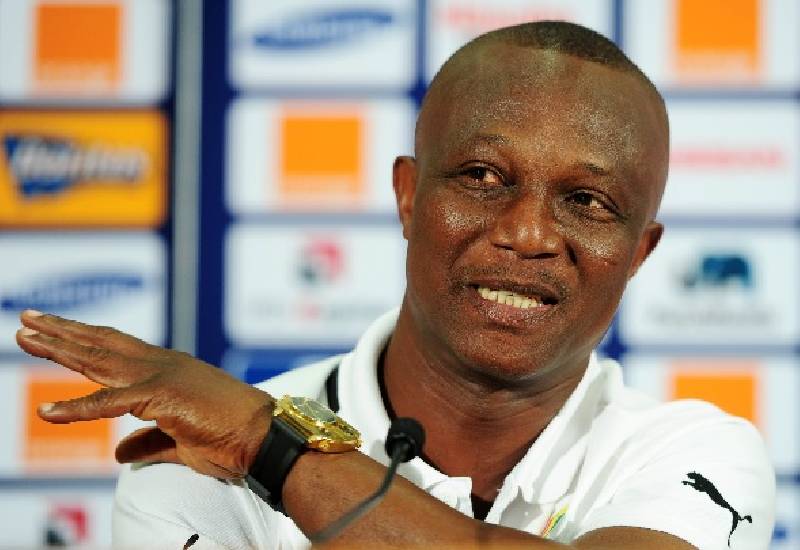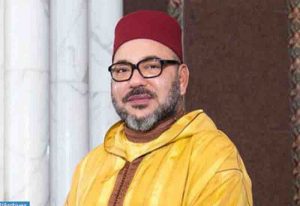By Godwin Owusu Frimpong
In a dramatic turn of events, the Confederation of African Football (CAF) has directed Kwasi Appiah, head coach of Sudan’s national team, to step down as an executive member of the Ghana Football Association (GFA). The order comes amid concerns over Appiah’s dual roles and potential conflicts of interest.
Kwasi Appiah, a former Ghanaian international and coach of the Black Stars, was elected to the GFA executive committee in 2022, representing his former club, Asante Kotoko. However, his subsequent appointment as head coach of Sudan’s national team in early 2023 raised eyebrows, sparking debates about his commitment to both roles. Despite public opposition, Kwasi Appiah initially refused to relinquish his executive committee position, citing no conflict of interest. However, CAF’s intervention has left him with no choice but to resign.
In a letter dated October 1, 2024, CAF instructed Appiah to resign from the GFA executive committee by October 8, 2024. The directive cites potential conflicts of interest and the need for coaches to focus exclusively on their national team duties. The development has sent shockwaves through Ghanaian football circles, with many welcoming CAF’s decision. “This is a victory for good governance and transparency in football,” said a GFA official, who wished to remain anonymous. Appiah’s resignation is expected to pave the way for fresh election to fill the vacant executive committee position. Asante Kotoko, Appiah’s former club, will likely nominate a new representative. CAF’s directive sets a precedent for coaches and administrators holding dual roles across Africa. The decision underscores the need for separation of powers and avoidance of conflicts of interest in football governance.
Deeper Interrogative Analysis:
- Is it fair to expect coaches to solely focus on national team duties when they may have valid contributions to make in administrative roles?
- Does CAF’s directive imply that a coach’s commitment to their national team can be undermined by their involvement in a football association?
- What impact does this decision have on the landscape of African football governance and the relationship between national teams and their respective football associations?
- How will Appiah’s resignation affect the GFA’s operations and its relationship with Asante Kotoko, given that his election was tied to the interests of his former club?
- Can we consider the call for Appiah’s resignation as a broader criticism of governance practices within African football, highlighting systemic issues that require attention?
- What are the ramifications for other dual-role coaches in Africa who might find themselves in similar situations following CAF’s directive?
- How can the CAF ensure that such decisions lead to genuine improvements in governance rather than merely symbolic gestures?
Question of Why:
Why has the CAF taken such a definitive stance on Kwasi Appiah’s dual role, and what underlying issues within football governance does this highlight that need to be addressed to foster transparency and accountability?
Godwin Owusu Frimpong




